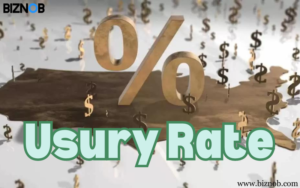What Is Uncovered Interest Arbitrage?
The process of moving from a local currency with a lower interest rate to a foreign currency that gives a greater rate of interest on deposits is known as uncovered interest arbitrage. Since the investor or speculator will eventually need to convert the foreign currency deposit profits back into the local currency, an implied foreign exchange risk is associated with uncovered interest arbitrage.
The word “uncovered” in this arbitrage refers to lacking a forward or futures contract to mitigate this foreign currency risk.
The Operation of Uncovered Interest Arbitrage
Uncovered interest arbitrage refers to the unhedged exchange of currencies to profit from a difference in interest rates between the two currencies. Currency fluctuations significantly impact the total profits from uncovered interest arbitrage since unfavorable currency movements can erase all benefits and result in negative returns. Suppose investing in a foreign currency yields a 3% interest rate difference, and the foreign currency increases in value relative to the domestic currency by 2% throughout the holding period. In that case, the overall return from this arbitrage activity is 5%. In contrast, the total return is 1% if the foreign currency depreciates by 4% while the investment is held.
Conclusion
- The process of moving from a local currency with a lower interest rate to a foreign currency that gives a greater rate of interest on deposits is known as uncovered interest arbitrage.
- The word “uncovered” in this arbitrage refers to lacking a forward or futures contract to mitigate this foreign currency risk.
- Uncovered interest arbitrage refers to the unhedged exchange of currencies to profit from a difference in interest rates between the two currencies.















































